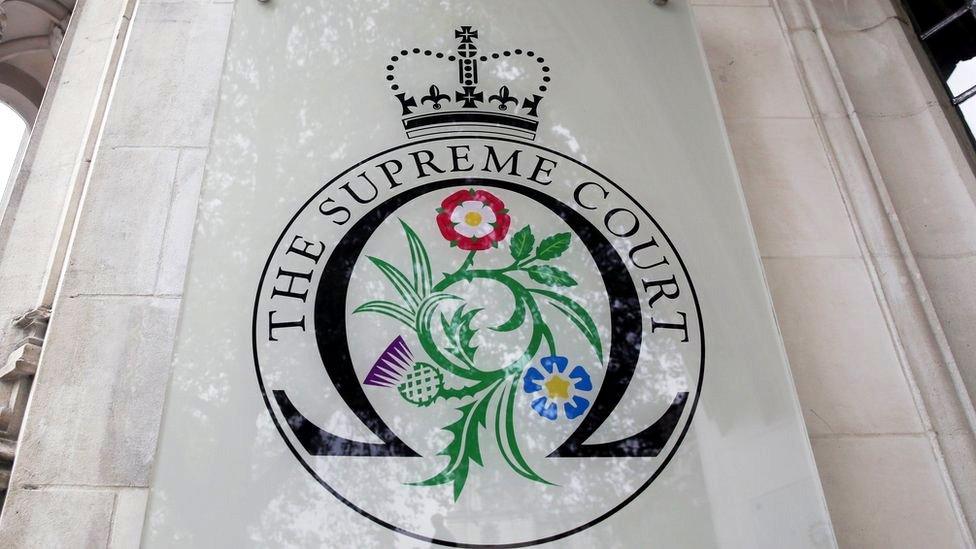AMs 'likely' to vote on Brexit trigger, says Welsh Government
- Published

Westminster should listen to the assembly before triggering the Brexit process, the Welsh Government's top law officer has said.
Counsel General Mick Antoniw said he was "delighted" by the Supreme Court ruling against the UK government on Brexit.
The Supreme Court said UK ministers were "not legally compelled" to consult the assembly and that AMs have no veto.
Mr Antoniw said it is likely AMs would get a vote on the triggering process.
But he said it will not be a veto on leaving the EU.
AMs could decide to hold a vote in the assembly on article 50 if they feel that the legislation on article 50 affects devolution.
There is a convention - called the Sewel Convention - whereby the assembly has a say on legislation in Westminster that affects devolution in the form of a vote in the chamber.
But Tuesday's ruling that AMs do not have a veto on Brexit means that whether or not the vote has meaning will depend on the UK government's reaction.
'Opportunity'
Mr Antoniw told AMs on Tuesday: "As the Article 50 Bill proceeds through Parliament, we would expect the UK government to respect the Sewel Convention, so that Parliament has the opportunity to listen to the assembly and to the other devolved legislatures."
Mr Antoniw said there was "every likelihood of a vote (in the assembly) because a trigger bill will impact on Welsh legislation".
The court ruled Theresa May cannot trigger Article 50 - the formal exit process from the EU - without the backing of MPs and peers.
The court also said UK ministers were "not legally compelled" to consult the devolved legislatures in Wales, Scotland and Northern Ireland.

Analysis by BBC Wales political correspondent Daniel Davies

It sounds like the eleven Supreme Court judges sent the Welsh Government packing.
They all agree: there's no legal reason for Theresa May to consult the assembly.
But there is a political reason for Parliament to listen. And if Parliament must vote on Brexit, it leaves the door ajar for the assembly to influence things.
That means there might be a vote in the assembly on triggering Article 50, as well as in Westminster.
I am also sorry to disappoint anyone who hopes that a vote in Cardiff Bay could stop Brexit. It will not.
All sides agree the assembly does not have a power of veto.
- Published24 January 2017

- Published8 December 2016
- Published8 December 2016

- Published5 December 2016

- Published5 December 2016

- Published27 November 2016

- Published4 November 2016

- Published17 October 2016
